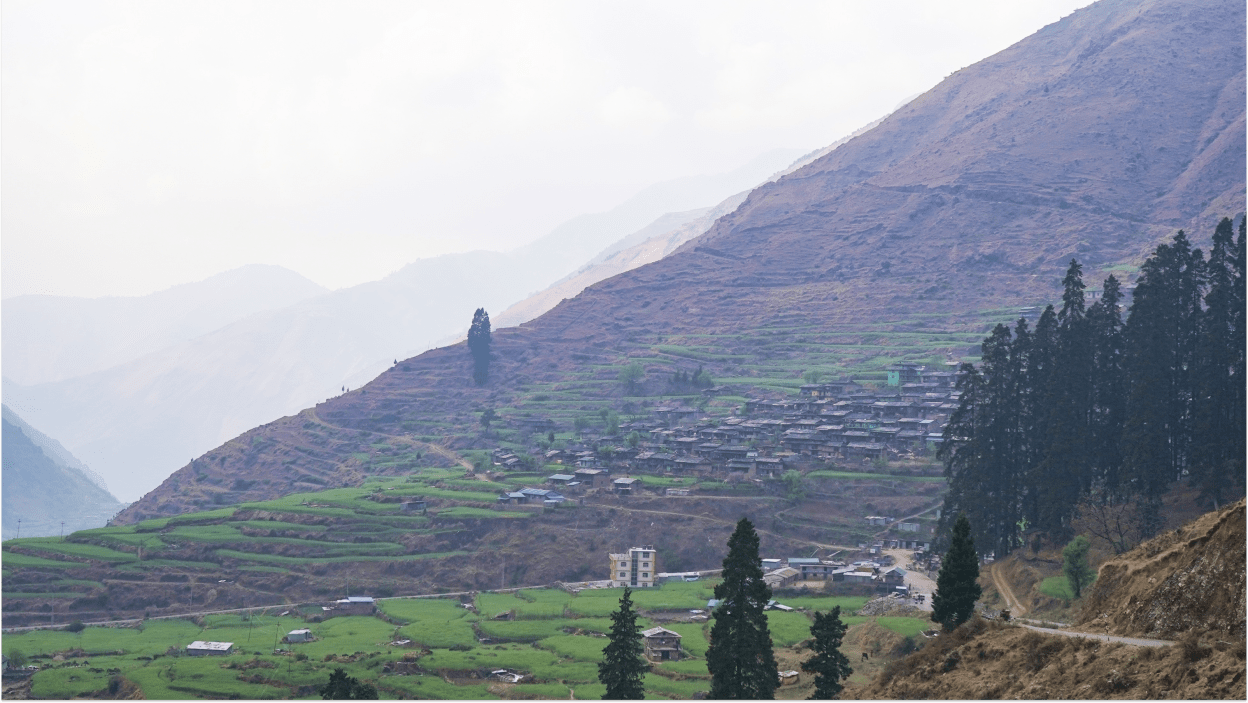Trafficking risk factors: poverty, conflict and climate change
A report by UNODC released ahead of World Day Against Trafficking in Persons 2023 states that ‘Global crises, conflicts, and the climate emergency are escalating trafficking risks.' Millions of people around the world are being impacted by these things and finding themselves displaced from their homes or in circumstances where they cannot access vital things like education, healthcare or jobs. This leaves them more vulnerable to being exploited by traffickers.
In many places, trafficking has become a low-risk business that is so lucrative that traffickers are even willing to take advantage of their own family members and neighbours.
Statistics from the International Labour Organisation suggest that, in 2021, almost 50 million people around the world were living in modern slavery – of which 27.6 million were in forced labour and 22 million in forced marriage.
Human trafficking in Nepal
In Nepal, the aftermath of a decade-long armed conflict and an earthquake in 2015 that killed 9,000 people and had a significant impact on the economy have contributed to high rates of poverty and lack of employment opportunities in the country, leaving people, especially women and girls, particularly vulnerable to trafficking.
This is one woman’s story of being trafficked from Nepal.
Rama’s* story
Rama is in her early thirties. She lives on her own with her two young children while her husband has found employment in another country to try to provide for the family.
When Rama’s son was still a baby, the family’s financial situation was so bad that Rama was willing to take a job working away from home in a country in the Middle East.
At the time, Rama didn’t have much knowledge of foreign employment laws, her rights, or what to be aware of and, unfortunately, when she arrived in the foreign country where she was expecting to start work, she found that the agency she had trusted (and paid) to find her employment, abandoned her so she could not ask for help when things immediately went wrong.











